Some people have favorite novelists.
I’m actually one of those people–when Tana French, for example, comes out with a new book, it’s a cause for a minor celebration for me. I just like reading her books that much.
Not many people, however, root for new Tax Court opinions by certain judges. That’s just a little weird, I suppose.
At the risk of incurring the ridicule of the masses, I will admit that whenever I find a new U.S. Tax Court opinion by Judge Holmes, I smile in anticipation of reading what he has to say. Judge Holmes has a knack for making a dry tax case sound as if it were a bestselling novel, full of suspense and conflict.
So far this year, there have only been 5 published Tax Court opinions by Judge Holmes, but fortunately for tax law fans like me, there was a new Judge Holmes opinion just a few days ago.
And since I’m starting a new series on T for Taxes about IRS collection actions and the taxpayer remedies in the face of such actions, imagine my delight to discover that not only is there a new opinion by Judge Holmes, but that the case involves an IRS collection action and the taxpayer’s resort to the venerable Offer in Compromise. Talk about two birds with one stone.
So without further ado, let me delve into the United States Tax Court case of Churchill v. Commissioner (T.C. Memo 2011-182), filed on August 1, 2011.
Judge Holmes, in his inimitable style, lays out the essential facts involved, in a straightforward and no-nonsense way, like this:
“John Churchill offered to settle thirteen years of tax debts totaling more than $250,000 for only $2,500. The Commissioner rejected this offer because it was based on his income alone, even though his bride had a good and steady income, and it’s IRS policy in community-property states to consider both spouses’ incomes even if only one has a tax debt. This made the bride unhappy, and she told Churchill that if he didn’t solve his tax problems, she would leave. He didn’t, and she did.”
In 2006, the IRS sent Churchill a notice of filing of a federal tax lien. Two months later, the IRS sent him a final notice of intent to levy for the years of tax debts.
Churchill asked for a collection due process (CDP) hearing. He wanted to discuss an offer in compromise as a collection alternative to the lien and levy. It was at this point that Churchill’s wife told him that if he didn’t fix his tax problems, she would divorce him.
At the CDP hearing, the Appeals Officer discussed Churchill’s cash offer of $2,500 as an offer in compromise and the possibility of an installment agreement. Churchill’s argument was that his 2005 income of $1,612 demonstrated that his cash offer of $2,500 was fair.
The IRS asked for more financial information from Churchill and his wife. This information was not provided, and the IRS formally rejected Churchill’s cash offer some time later.
In its letter to Churchill, the IRS Appeals Officer said that his cash offer of $2,500 was much lower than his “reasonable collection potential” (RCP).
The RCP is big in IRS collection actions. As Judge Holmes points out, Churchill’s RCP was the “heart of the case.”
The IRS calculated Churchill’s RCP by adding his wife’s 2005 income to his, and then used a multiplier of 86 to calculate an RCP of $122,808.
Between the time of the CDP hearing and the Tax Court case, Churchill’s wife divorced him.
After dealing with several easy questions, Judge Holmes gets to the central issues of the case, saying:
“This brings us to the big money–should the Appeals officer have considered [Churchill’s wife’s] income and assets in evaluating Churchill’s offer? And if so, can we revisit that consideration here in light of Churchill’s newly single status?”
Judge Holmes cites a couple of Tax Court cases (Magana v. Commissioner, 118 T.C. 488 (2002); Giamelli v. Commissioner, 129 T.C. 107 (2007)) to explain that at one time the Tax Court took the position that it could consider new information, such as Churchill’s divorce, where it became available after the CDP hearing, but now is of the opinion that the Tax Court is limited to reviewing the issues presented in the CDP hearing.
This sounds like bad news for Churchill, but Judge Holmes is not quite through. He says, “[T]he Court cannot now update Churchill’s snapshot and make our own determination. But can we remand?”
Looking again at Tax Court precedents, Judge Holmes says “We’ve even hinted that we might remand when the Appeals Office didn’t abuse its discretion and the law didn’t change–as long as the remand would be ‘helpful.'”
Judge Holmes says that “In this case, we take the hint we’ve made.”
The holding is important–the Tax Court determines that it does have the authority to remand a CDP case for consideration of changed circumstances when remand would be helpful, necessary, or productive.
In this case, Judge Holmes says that the standard is satisfied, and so the case is remanded to the IRS Appeals Office for a further hearing.
This case is a great win for taxpayers–if you have a CDP hearing and later have changed circumstances that present a strong case for overturning the IRS Appeals Office’s decision, you may have a second bite at the apple with the IRS when you get to Tax Court.
